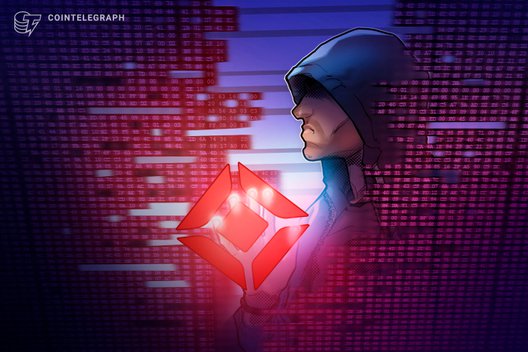The U.S. Department of Energy (DOE), is granting nearly $200,000 to blockchain company Factom to help protect the national power grid.
Blockchain to improve grid reliability and resilience
On July 12, the U.S. Department of Energy awarded the funds. The overall objectives of the grant proposed to design a system to improve grid reliability and resilience through the use of blockchain technology. The abstract reads:
“Electric grids are quickly evolving with advanced monitoring and information management as well as communication through connected devices. Although the number of devices and sensors coming online is increasing exponentially, the same vulnerabilities remain in data integrity at the source and during transport. The overall objectives of this proposal is to design a system to improve grid reliability and resilience through the use of blockchain technology.”
Security out-of-the-box via blockchain technology
The proposed approach includes validating and securing devices on the grid that aren’t infected with malware and developing a technology to improve the security of everyday devices used by consumers and providing a cost-effective means to secure any device can out-of-the-box via blockchain technology.
Factom is participating in the U.S. government-funded trial of the blockchain technology to protect the national power grid. TFA Labs, an internet-of-things security startup, is validating those devices on the grid through the use of Factom protocols.
Coindesk reported that the first phase will last until March when TFA aims to have a prototype ready. In case this trial gets to phase two, TFA Labs will collaborate with device manufacturers and could get close to $1 million in funding from the DOE.
Bitcoin is using less energy
Relatedly, Cointelegraph reported that despite record hash rates, Bitcoin (BTC) energy consumption is becoming rapidly more efficient. Data from aggregator Statista accessed on Sept. 5 showed that despite more computing power being dedicated to Bitcoin mining, less electricity is required to fuel it.









